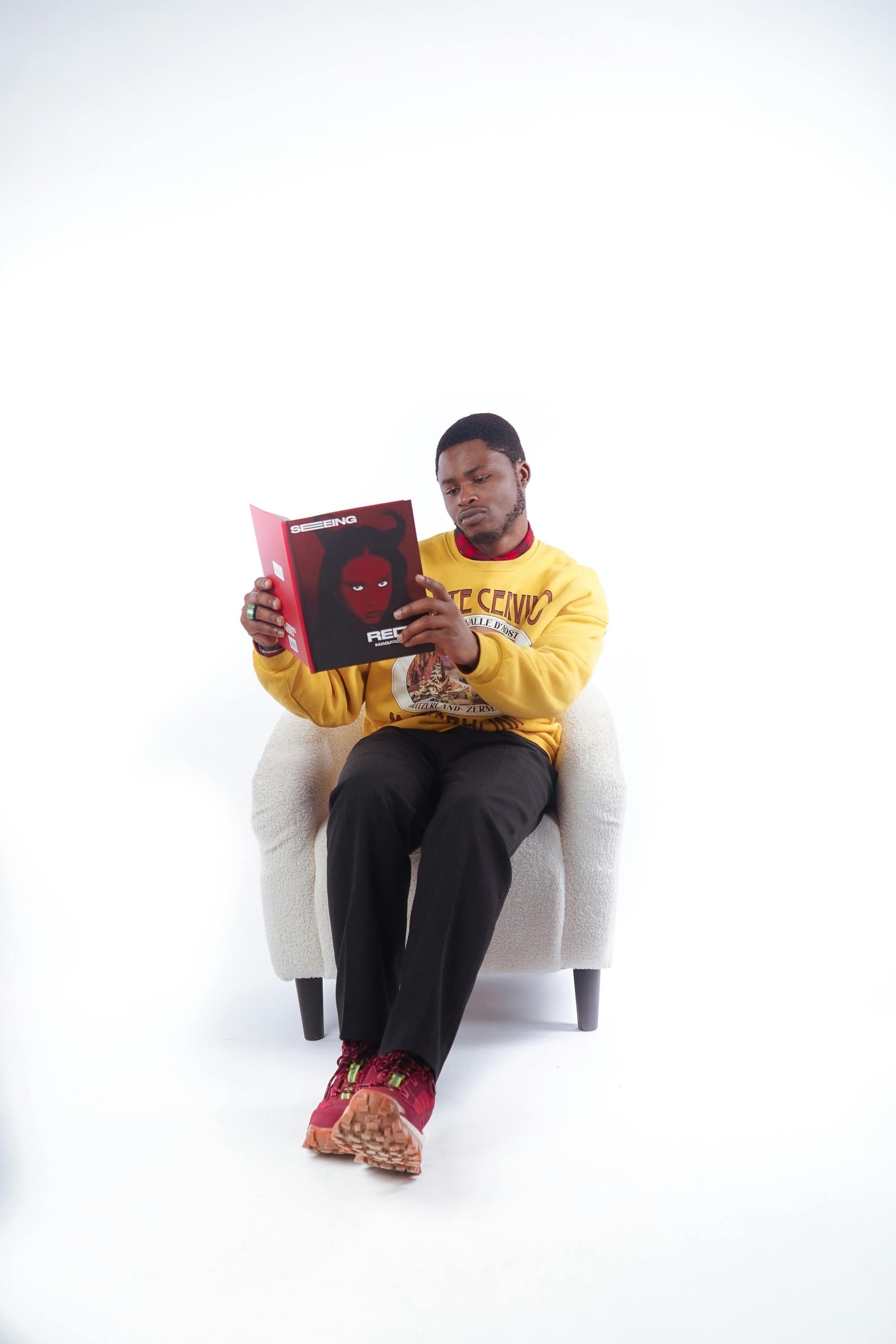
Essential Overview of DC Comics and Its Impact
DC Comics, widely recognized simply as DC, traces its roots to the early days of comic book publishing. The company, originally named "Detective Comics," launched one of its first superhero comic book series which introduced iconic characters that would become symbols of superhero culture. Through time, the acronym DC evolved to represent the entire expansive universe filled with compelling narratives, memorable heroes like Batman, Superman, Wonder Woman, and a myriad of other characters.
The vast landscape of the DC Universe includes not only superheroes and their extraordinary abilities but also a rich lore highlighted by various storylines, comic series, and expansive events that have shaped comic book culture for decades. This article will delve into the integral aspects of DC Comics, exploring its history, the beloved characters, and the influence of the DC Universe across various media formats while providing insights into its continuing evolution in the modern age.
Key highlights to look forward to include an exploration of iconic characters, a look at DC's cinematic efforts, and the impact of these stories on comic book culture and beyond. Let's embark on this journey into the fascinating world of DC Comics.
Exploring Iconic Characters of the DC Universe
DC Comics boasts an illustrious roster of characters that have captured the hearts of fans across the globe. Building on the iconic status of characters, this section highlights the unique traits and contributions of some of the most recognizable figures in the DC Universe.
Batman: The Dark Knight
Batman, known as the Dark Knight, embodies the archetype of the vigilante. Originating from Gotham City, he is characterized by his relentless pursuit of justice and his complex psychology stemming from witnessing his parents' murder. Batman's rich narrative arcs explore themes of morality, fear, and redemption, making him one of the most enduring characters in comic book history.
What sets Batman apart is his reliance on intellect, detective skills, and an array of gadgets rather than supernatural powers. This relatability allows fans to connect deeply with his character, inspiring numerous Batman Comics that explore his journeys and personal dilemmas.
Superman: The Man of Steel
Superman’s character personifies hope and strength. With origins from Krypton, he possesses a range of superhuman abilities, including flight and x-ray vision, representing an unwavering moral compass. His escapades often reflect struggles between good and evil, making his stories resonate across generations. Superman Comics highlight his iconic battles against formidable foes while delving into personal stories of his dual identity as Clark Kent.
Wonder Woman: The Amazon Warrior
As a symbol of female empowerment, Wonder Woman stands as one of the most inspirational characters in the DC Universe. Raised among the Amazons, she combines incredible strength with compassion and wisdom. Her storylines are not only about combat but also emphasize themes of love and equality, inspiring countless readers. Through various adaptations, her character explores difficult societal issues while winning numerous hearts.
The Flash: The Fastest Hero
The Flash embodies the essence of speed, allowing him to traverse dimensions and time itself. His signature ability to manipulate time and navigate the DC Multiverse makes his character one of the most intriguing in superhero narratives. With engaging storylines that often blend science fiction with emotional depth, The Flash offers fans insightful reflections on the nature of heroism and consequence.
DC Villains: Antagonists That Shape Stories
While the heroes might take center stage, the villains of the DC Universe play a crucial role in shaping the narratives. From the Joker's chaotic nature to Lex Luthor's intellect, DC Villains provide depth to the stories and challenge the heroes’ ideals. Understanding these villainous characters adds another layer to the exploration of DC lore, making comic stories rich and engaging.
The Marvelous Impact of DC Comics on Popular Culture
The influence of DC Comics stretches beyond comic book pages, permeating various aspects of popular culture. Through blockbuster Superhero Movies, beloved animated series, and various graphic novels, DC has established a legacy that intertwines with societal trends.
DC in Film: Cinematic Endeavors
DC Films have become household names, presenting new interpretations of classic tales. With successful franchises like the Dark Knight trilogy and the recent DC Extended Universe (DCEU), these movies encapsulate the struggles and heroics of iconic characters while expanding their reach to new audiences. However, adapting comic book characters to film presents challenges including balancing faithfulness to the source material while crafting compelling narratives suited for cinema.
DC Animated Series: Engaging New Generations
The engagement of younger audiences through animated series has been a hallmark of DC's strategy. Shows like "Batman: The Animated Series" and "Teen Titans" not only entertain but also introduce complex themes in an accessible format. These series tap into the rich histories of characters, bringing them to life in new ways while respecting their origins.
Comic Conventions: Celebrating the Fanbase
Comic conventions serve as a celebration of comic book culture. They allow fans to connect with one another, meet creators, and participate in discussions around their favorite characters and stories. Recognized globally, DC often has a prominent presence at these conventions, showcasing its latest releases and fostering a sense of community among fans.
The Evolution of DC Graphic Novels
DC Graphic Novels have transformed the way stories are told in the comic book format. This storytelling medium allows for deeper narratives, intricate artwork, and more mature themes. Graphic novels like "Watchmen" and "Sandman" delve into existential concepts, changing the perception of comics from mere entertainment to significant literary accomplishments.
Expanding the DC Multiverse
The DC Multiverse is not just a narrative device, but a vast canvas that encapsulates parallel realities, bringing various versions of characters into one expansive story. This concept enriches the complexities of character development and allows for thrilling crossovers and collaborations amongst heroes, enhancing the reader's experience and providing a never-ending source of intrigue and excitement.
The Role of DC Comics in Shaping Comic Book Culture
DC Comics significantly contributes to the growth and adaptation of the comic book culture over the years. Billions of comic books have been sold globally, underscoring the impact of comic storytelling and culture on readers.
The Influence of Comic Book Art
Comic Book Art plays an integral role in storytelling, with diverse artistic styles bringing narratives to life. Whether it’s the striking visuals of Jim Lee or the iconic legacy of Neal Adams, the artistry associated with DC Comics has turned pages into visual masterpieces, creating a longitudinal exploration of graphic novels and transforming artistic expression through comic strips.
Comic Book Collecting: Treasures and Community
With the rejuvenation of interest in comic books, comic book collecting has flourished as a hobby, turning into a vibrant community. Valuable artifacts can emerge from the pages of Batman Comics or Superman Comics, with significant issues becoming prized possessions. These collections symbolize not just monetary value but serve as a connection to history and beloved stories.
Consumer Merchandise: Superhero Economy
The popularity of DC Comics has paved the way for an expansive range of merchandise, from action figures to apparel. This consumption plays into the larger dynamics of fandom which thrives on community interaction through events, online platforms, and forums where fans can share experiences and express their admiration for their favorite characters.
Digital Comics: Evolving Formats
The transition to Digital Comics illustrates how technology is revolutionizing the comic book industry. Readers now have versatile access to stories and characters on digital platforms, challenging traditional formats while expanding engagement with younger audiences through webtoons and online adaptations.
The Future of DC Comics
The future remains bright for DC Comics as it continues to evolve with modern themes and progressive storytelling. With new platforms and media, they can explore more dynamic narratives that accommodate varying genres and demographic shifts. The continued exploration of DC Lore ensures that the storytelling remains vibrant and relevant, keeping audiences captivated.
Q&A Section: Insights into DC Comics
What inspired the creation of iconic characters like Batman and Superman?
The characters of Batman and Superman were developed during the Golden Age of Comics, greatly influenced by the societal challenges of the time. Batman emerged as a dark antihero reflecting societal fears, while Superman embodied hope and resilience. Their formation mirrored a desire for understanding personal struggles during societal upheaval.
How does the DC Multiverse enhance storytelling?
The DC Multiverse provides a framework for exploring alternate realities and character development, allowing for rich narratives involving various iterations of beloved heroes and villains. This formidable narrative device fuels creativity, inspiring innovative story arcs and crossovers that captivate audiences.
What role do comics play in the cultural landscape today?
Comics serve as a mirror reflecting societal values, fears, and aspirations. They engage with meaningful themes such as identity, morality, and resilience. As society continues to evolve, comics adapt, ensuring their relevance and impact on cultural identity and representation.
Can you elaborate on the significance of DC graphic novels?
DC graphic novels expand the scope of storytelling, allowing for complex plots and mature themes. They elevate the medium, reinforcing the potential of comics to convey deep narratives and frame discussions on societal issues, artistry, and character development.
What advancements have been made in adaptations of DC Comics?
Adaptations have evolved significantly over the years, from animated series to successful films. Recent ventures into streaming services broaden access and reach, introducing iconic narratives to diverse audiences. Engaging storytelling combined with technological enhancements continues to shape future adaptations.
 example.com/image2.png
example.com/image2.png
 example.com/image3.png
example.com/image3.png